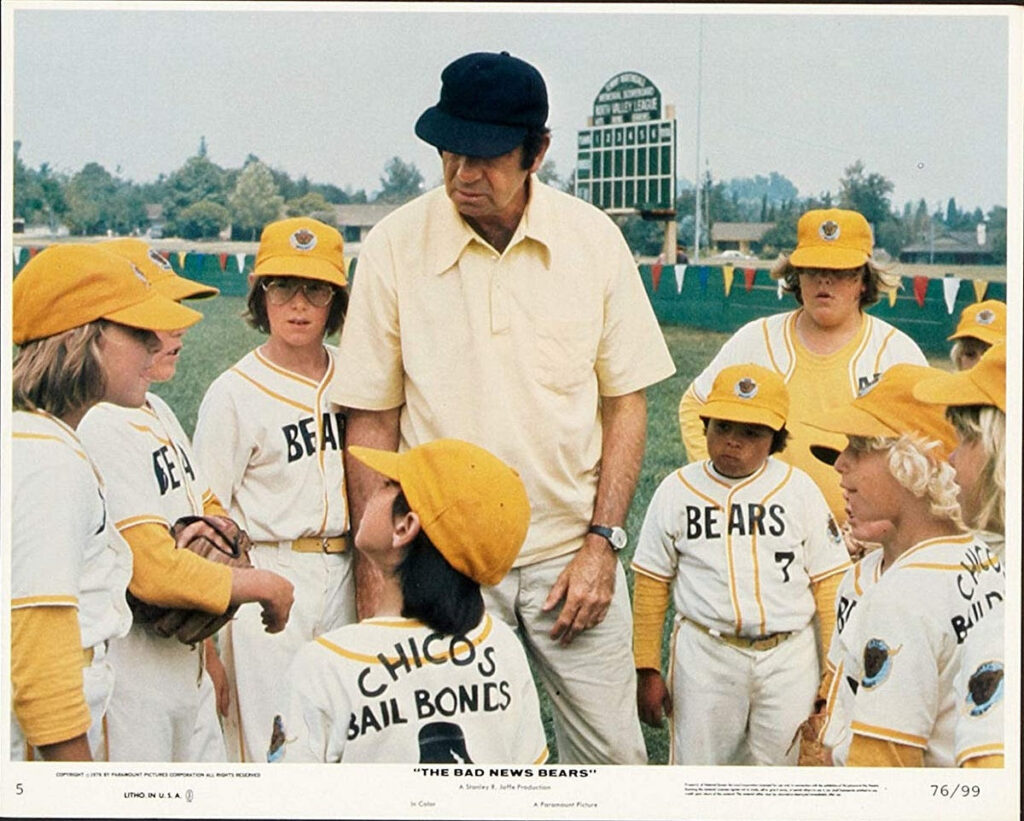By Stanley W. Mastil, CFF, CPA, Managing Director
Coaching youth sports, particularly baseball, has evolved beyond the traditional dynamics of game strategies and skills development. Over the past six years in my role as Assistant Coach, I’ve learned that coaching is as much about navigating interpersonal relationships as it is about teaching the fundamentals of the game. It involves managing the diverse personalities and expectations of both young players and their parents, as well as dealing with the increasingly changing business environment of youth sports.
Navigating the egos and expectations of parents is a delicate task, particularly in the high-pressure world of travel baseball. Coaches and organizers frequently find themselves balancing the aspirations of parents who may have high hopes for their children’s athletic futures – and in many cases are investing a lot of time and money in their children’s sports. The competitive nature of the sport often amplifies emotions, leading to heightened stakes for both players and their families. Consequently, fostering clear communication and setting realistic expectations become crucial in maintaining a positive and supportive environment.

Moreover, coaching today increasingly requires a solid grasp of business management. Significant financial investments have been pouring into youth sports recently, with prominent organizations like Ripken Baseball and Perfect Game forming partnerships with major investors including private equity ventures. Millions of dollars are pouring into massive facilities. The days of Chico’s Bail Bonds sponsoring the local Bears are gone. The youth sports landscape is transforming into a sophisticated business venture that looks for profits as much as our next Bryce Harper. As such, coaches must now also manage budgets and ensure that their programs are both financially sustainable and aligned with strategic growth objectives, while still trying to make the game fun for their kids. Understanding these business elements is crucial for coaches who aim to thrive in this new era of youth sports.
